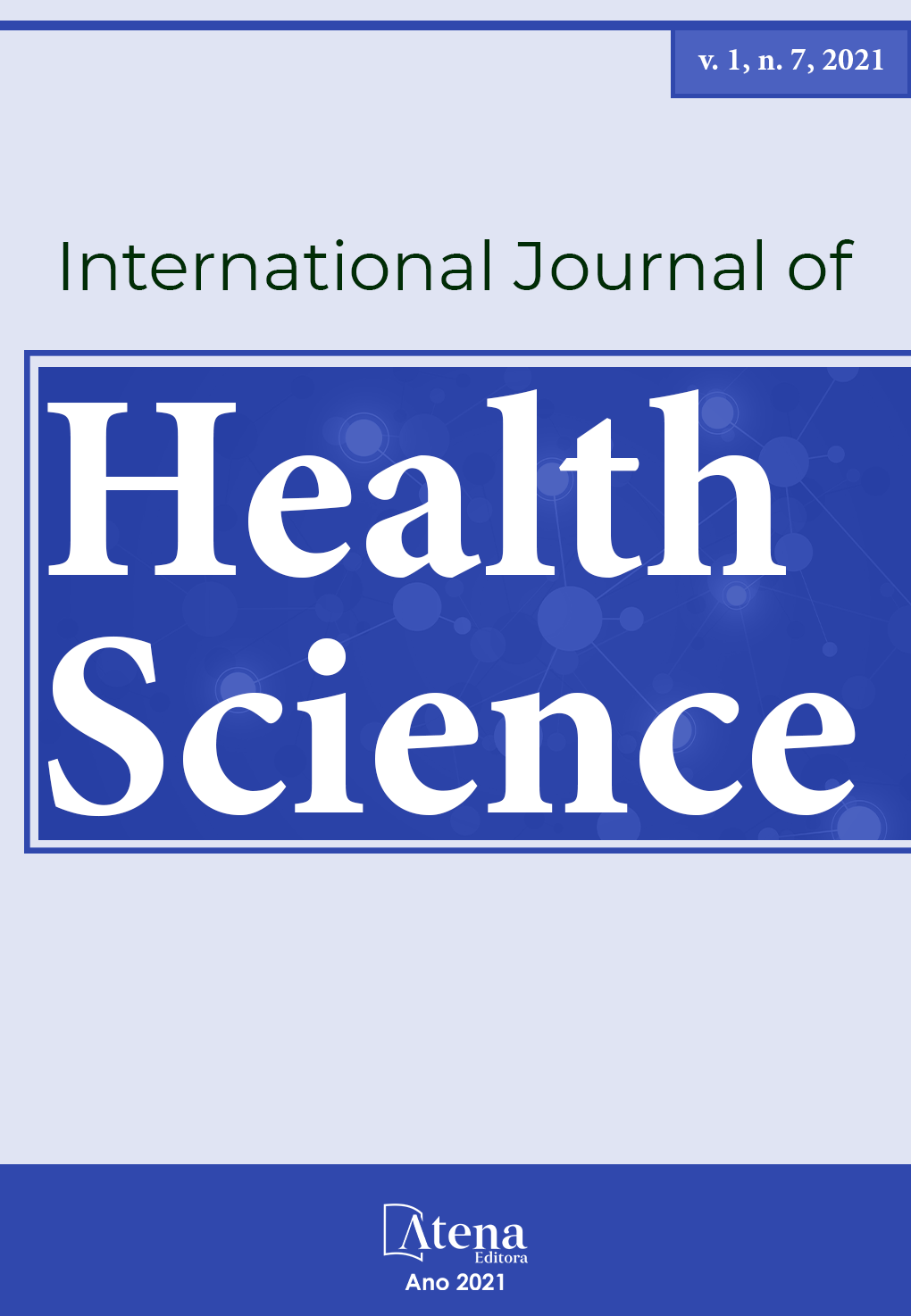
THE INTEGRALITY OF CARING AND ITS MULTIPROFESSIONAL WORK INTERFACE
Integrality in health care is defined as a principle of the Unified Health System, guiding policies and programmatic actions that respond to the demands and needs of the population in accessing the health care network. In this sense, a network of specialized services in rehabilitation, habilitation and development of health programs aimed at people with disabilities is essential. Objective: To report the experience of sixth-semester medical students on a technical visit to a rehabilitation center. Experience report: During the experience, the students had contact with patients in situations such as stroke sequelae, trauma and comorbidities such as diabetic neuropathy, obesity with lymphedema and even degenerative diseases such as Amyotrophic Lateral Sclerosis (ALS). Among the activities carried out, the application of pain scales, approach to patients and local professionals and participation in a rehabilitation group for women with mastectomies stand out. Discussion: From the technical visits carried out, several challenges were identified in relation to the management of the Unified Health System with regard to funding due to the low transfer of funds, lack of specialist professionals on site (including the physiatrist) and absenteeism on the part of patients. Among the identified potentials, the professionals' dedication and commitment and the integral and longitudinal follow-up of each patient stand out, which qualifies the proposed treatments and allows for an improvement in the quality of life of patients treated in the service. Final considerations: The opportunity to experience the complexity of the work performed by a multidisciplinary team made it possible to raise students' awareness of the importance of interprofessional collaborative practices in the context of comprehensive care aimed at the individual's needs. It is also necessary to expand the accessibility of users to secondary services by strengthening primary care as well as the referral and counter-referral system.
THE INTEGRALITY OF CARING AND ITS MULTIPROFESSIONAL WORK INTERFACE
-
DOI: 10.22533/at.ed.1592103128
-
Palavras-chave: Rehabilitation Centers, Physical Medicine and Rehabilitation, Health Integrality, Health Education, Humanization of Assistance.
-
Keywords: Rehabilitation Centers, Physical Medicine and Rehabilitation, Health Integrality, Health Education, Humanization of Assistance.
-
Abstract:
Integrality in health care is defined as a principle of the Unified Health System, guiding policies and programmatic actions that respond to the demands and needs of the population in accessing the health care network. In this sense, a network of specialized services in rehabilitation, habilitation and development of health programs aimed at people with disabilities is essential. Objective: To report the experience of sixth-semester medical students on a technical visit to a rehabilitation center. Experience report: During the experience, the students had contact with patients in situations such as stroke sequelae, trauma and comorbidities such as diabetic neuropathy, obesity with lymphedema and even degenerative diseases such as Amyotrophic Lateral Sclerosis (ALS). Among the activities carried out, the application of pain scales, approach to patients and local professionals and participation in a rehabilitation group for women with mastectomies stand out. Discussion: From the technical visits carried out, several challenges were identified in relation to the management of the Unified Health System with regard to funding due to the low transfer of funds, lack of specialist professionals on site (including the physiatrist) and absenteeism on the part of patients. Among the identified potentials, the professionals' dedication and commitment and the integral and longitudinal follow-up of each patient stand out, which qualifies the proposed treatments and allows for an improvement in the quality of life of patients treated in the service. Final considerations: The opportunity to experience the complexity of the work performed by a multidisciplinary team made it possible to raise students' awareness of the importance of interprofessional collaborative practices in the context of comprehensive care aimed at the individual's needs. It is also necessary to expand the accessibility of users to secondary services by strengthening primary care as well as the referral and counter-referral system.
-
Número de páginas: 13
- Joyce Mendes Lucindo
- Ana Carolina Braz Trovão
- Bruna Carolina Costa
- Beatriz Frischeisen Tomita


